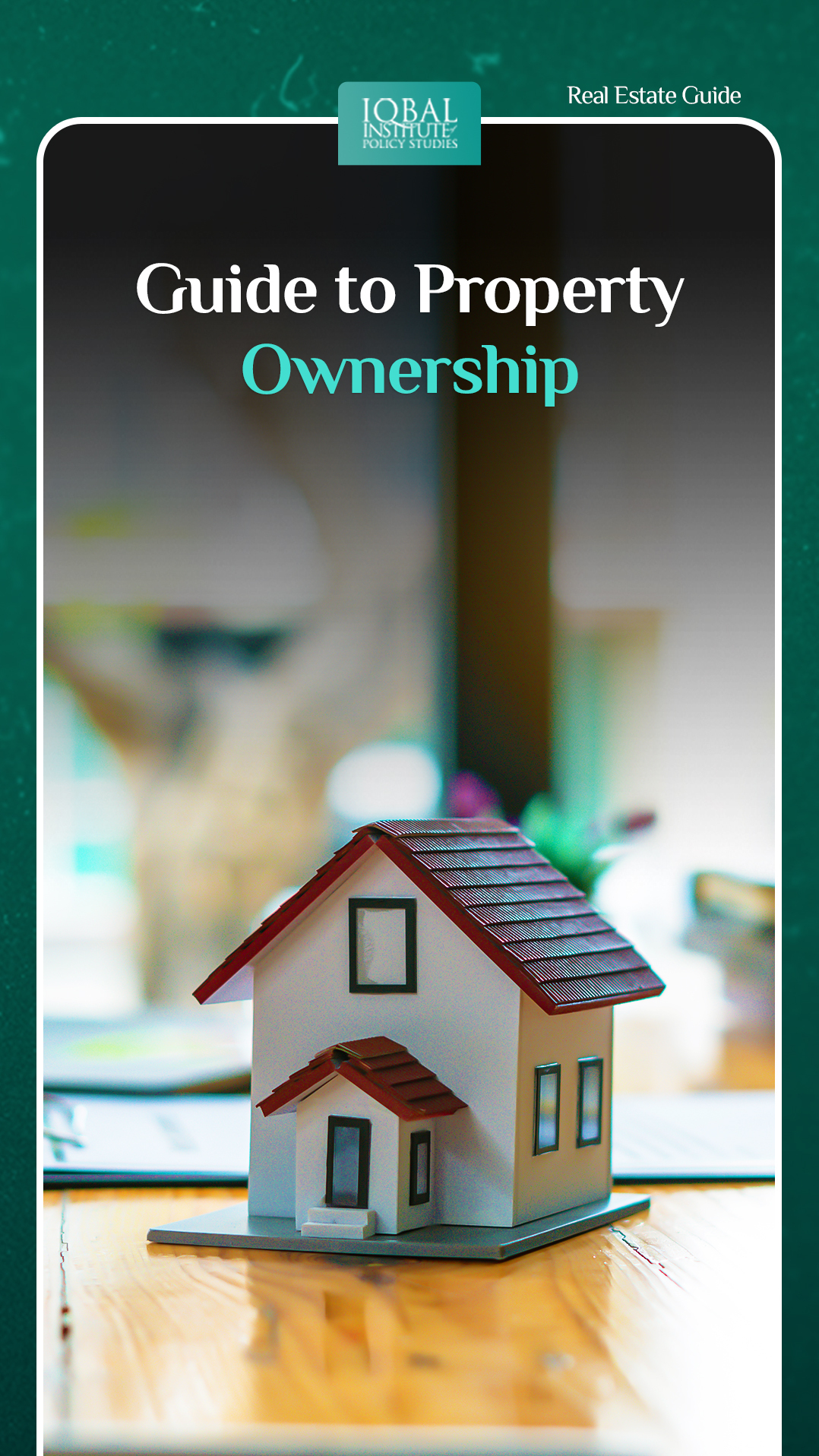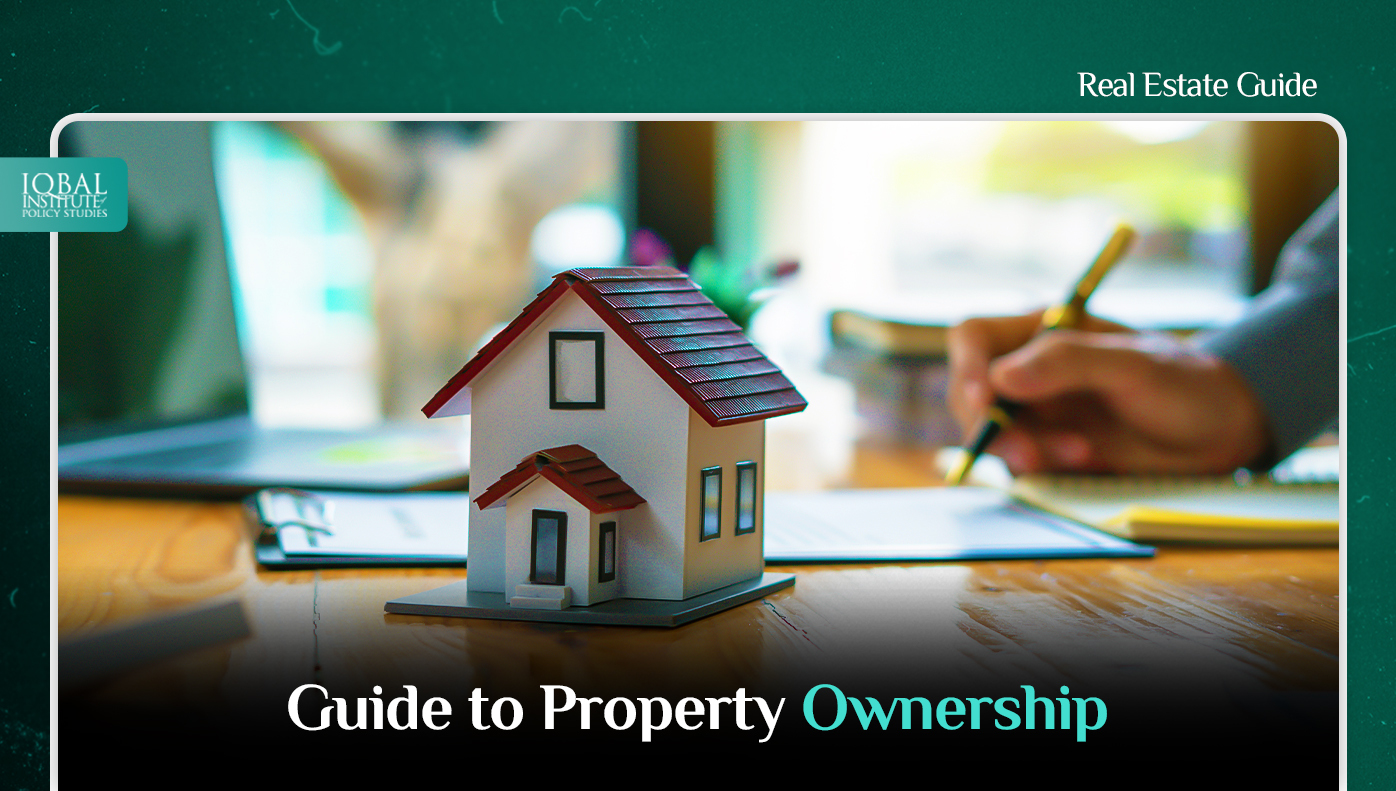Owning a property comes with a lot of excitement and a good deal of responsibility. If you are not properly acquainted with certain aspects of the property, you might fail to earn maximum returns from its value, opportunities, and rights. Property owners should aptly acquaint themselves with the top things to get the maximum short and long-term benefit from their investments.
Title Report
A title report is a document containing the key legal details and history of a property found through title research, the process of examining public records of a property to determine the property’s rightful legal owner.
Anyone can get a title report. Typically, buyers pay for a title report when purchasing a property as part of cloning costs. Buyers should consider it as a verification requirement before buying a property. Getting a title report eliminates issues like border disputes, encroachments, or forged titles.
A property’s title report will give you a clear picture of its legal status and relevant prior ownership information. When you contemplate purchasing a property, this document will give you detailed information on its ownership history, rights of third parties in easements, restrictions on use, and capability to sell the property. Therefore, it is your protection against obvious and readily observable issues.
Some of the important terminologies that you’ll come across while reviewing the title report are:
Ownership information
Verifying ownership information will confirm the actual legal owner of the property. If you are evaluating your property, you should check whether your name and the spelling of the name are correct. If you are evaluating a property, you are considering purchasing; you should confirm the seller’s name on the title report.

Statement of Vesting
Statement of vesting will detail the owner’s interest in the property, including the nature, degree and extent of ownership. There are different types of vesting. For example, life estate; allows the owner to own the property throughout their lifetime without permitting them to sell it. Another example might be allowing access to an area of the plot to allow for the installation or maintenance of utility equipment. Similarly, an easement is a right of way which means Providing access to another individual on your property. It benefits another person or a piece of land you do not own. Both easements will limit what a property owner can build or do on that portion of their property.
As any of the above can affect your rights and limitations, it’s a good idea to familiarise yourself with your property’s title report early in the process.
Encumbrances
It is a broad term that confines any external claims against the property. These impede what an owner can do with the property and include liens and easements, as described below.
Liens
An entity owed money by the property’s owner, such as a mortgage lender, can hold a legal claim against the property’s ownership.
Easements
These are rights held by someone other than the owner, such as a neighbour or the city’s concerned authorities, to operate the property in a specified way. For example, an easement is a right of way which means providing access to your property to other individuals. in this regard, you benefit another person or another piece of land that you do not own. Property owners with this type of easement may not be able to build or do certain things on that portion of their property in the future.
Zoning
From residential to commercial or industrial needs, zoning regulations govern how the land can be utilised in a certain area. Property owners should understand their zoning, so they know how to utilise their property and if it needs to be rezoned for different purposes.
Without an understanding of your zoning, you could put yourself at risk for fines or litigations related to unsanctioned use. Familiarity with your zoning can afford an advantage. Suppose your property houses a single-family residence and is zoned for multi-family use. In that case, it can translate to great value, particularly in areas where housing production has not kept pace.

Property and Neighborhood Conditions
If you are the first owner of your property, then You are likely to have a high-level understanding of your property’s condition, but if you are a wise owner, you should be familiar with the state of the structure and underlying components. Because knowing the holistic condition of the property will allow you to keep a regular maintenance schedule and fix small issues before they turn into large ones. Before buying a property, you should undertake a thorough inspection to review the property’s major components. Properly understanding your property will give you an edge in the market. Another reason to add to its importance is that your property is an investment of time and money, and neglecting its condition might diminish the value and opportunities it may have.
Aside from the property condition, neighbourhood conditions will also impact the value of your property or the investment decision you may take. For instance, homeowners living in high fire hazard zones install metal roofs to mitigate fire risk and may get a discount on home insurance. Thus, keeping and maintaining an extra feature in your property will also attract potential buyers, and, on the other side, buyers can also make an informed decision.

Conclusion
Title reports, ownership information, zoning and property and neighbourhood conditions are the critical aspects of property ownership. A sound understanding of these aspects will help a buyer make an informed investment decision, and sellers can attract genuine potential buyers.



Leave a Reply